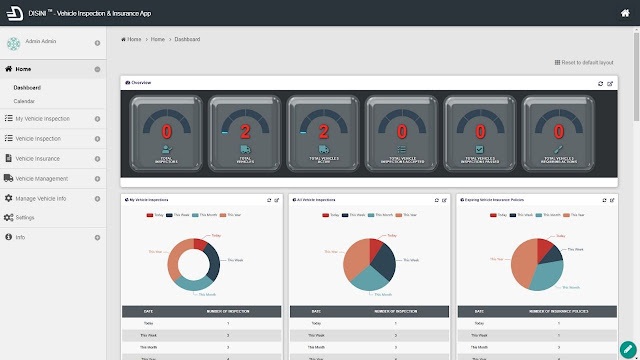Artificial Intelligence in Enterprise Applications with TensorFlow and Joget DX
Joget DX is an open source no-code/low-code application platform that introduces innovative features such as automatic support for progressive web apps (PWA) , integrated application performance management (APM) and built-in artificial intelligence (AI) support. In the previous article A Quick Introduction to Artificial Intelligence, Machine Learning, Deep Learning and TensorFlow , we introduced the concepts behind these terms, and how things generally work. In this article, we’ll have a look at how to incorporate TensorFlow for AI use cases on the Joget platform. AI and Decision Support Features in Joget DX To simplify process automation, Joget DX supports Decision plugins that can be mapped to process routes for decision making. Several implementations are bundled, including a no-code Rules Engine and a no-code TensorFlow plugin to execute pre-trained models. The AI focus in Joget DX is to simplify the integration of pre-trained AI models into end user applicat

